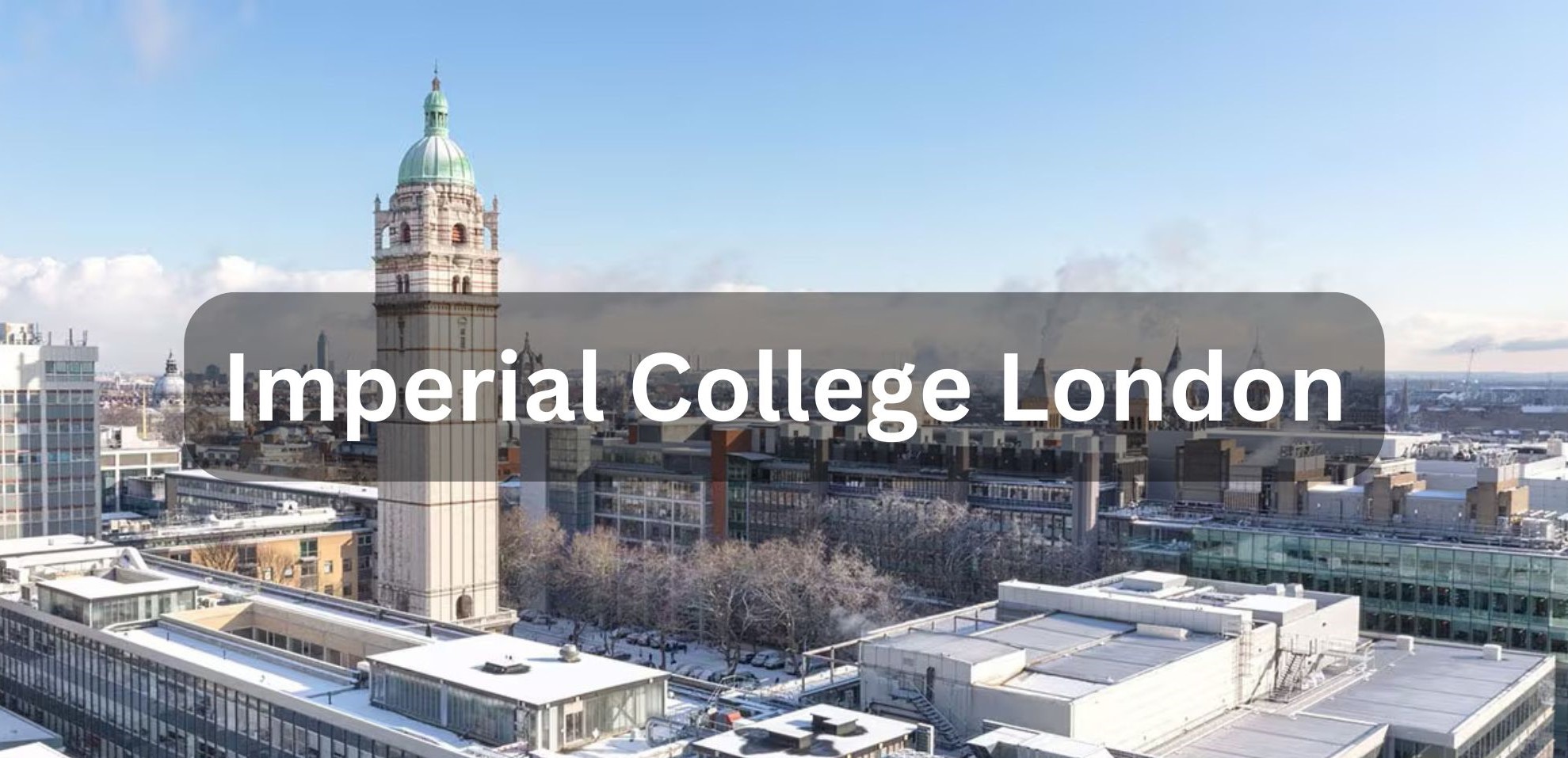Imperial College London is a famous school in London. It has about 15,000 students and 8,000 staff. The school focuses on four main areas: science, engineering, medicine, and business.
The college started because Prince Albert wanted to make South Kensington a place for learning. It’s near the Natural History Museum, Victoria and Albert Museum, and Science Museum.
Imperial College got its official recognition in 1907. It combined three colleges: the Royal College of Science, the Royal School of Mines, and the City & Guilds College.
The college is proud of its 14 Nobel Prize winners, like Sir Alexander Fleming who discovered penicillin.
Some famous people who studied at Imperial include H.G. Wells, Brian May from the band Queen, Rajiv Gandhi who was India’s former prime minister, Sir Liam Donaldson who was a top doctor in the UK, and Chew Choon Seng who was a CEO of Singapore Airlines.
The college’s motto is “Scientific knowledge, the crowning glory and the safeguard of the empire”.
A big landmark at Imperial is the Queen’s Tower. It was part of the Imperial Institute, built to celebrate Queen Victoria’s Golden Jubilee in 1887.
Subjects Offered At London’s Imperial College
Computer Science
- Computer Science
Engineering & Technology
- Mechanical & Aerospace Engineering
- Chemical Engineering
- Electrical & Electronic Engineering
- General Engineering
- Civil Engineering
Physical Sciences
- Physics & Astronomy
- Mathematics & Statistics
- Chemistry
- Geology, Environmental, Earth & Marine Sciences
Life sciences
- Biological Sciences
Clinical, pre-clinical & health
- Other Health
- Medicine & Dentistry
28% – Proportion of ISR Publication
42 : 5 – Student Ratio of Females to Males
61% – Percentage of International Students
11.8 – No. of students per staff
20,275 – Number of FTE Students
Ranking And Reputation
Imperial College London is always in the top 10 universities in the world and one of the best in Europe. People think it’s really good for engineering and practical sciences. 14 people who studied or worked there have won Nobel Prizes.
Campus
Imperial College London’s main campus is in South Kensington in the middle of London. It also has campuses in White City and Silwood Park. The college has really good facilities like the Blackett Laboratory, Skempton Building, and the new Sir Michael Uren Biomedical Engineering Hub.
Nobel Prize Winner
Imperial College is really proud of its past students and teachers. Some of them have won the Nobel Prize for their amazing work in different areas. For example, Sir Alexander Fleming, who found penicillin, a very important medicine.
These achievements show how Imperial College has always been at the forefront of important discoveries in science and medicine, inspiring others to follow in their footsteps.
Famous Alumni
Imperial College has some really famous former students who have done important things in different areas like writing, politics, and healthcare. For example, H.G. Wells, who wrote science fiction books, and Rajiv Gandhi, who used to be the Prime Minister of India.
These examples show how Imperial College’s graduates have made a big impact worldwide, showing its influence across different fields.
Research Centers and Initiatives
Imperial College has many places where researchers work and projects they’re doing to solve important problems in society. They’re looking at things like finding ways to use energy that’s good for the environment and coming up with new ideas in healthcare.
The college brings together experts from different fields to work together, which helps them come up with better solutions.
Collaborations and Partnerships
Imperial College works closely with companies, government groups, and other schools to push research forward and make sure the things they discover actually help people in real life. By teaming up with others who have different skills and resources, Imperial College can make a bigger difference in the world.
Conclusion:
Imperial College London has a really strong history of being excellent and coming up with new ideas. This shows how important it is for education, research, and finding out new things. It’s like a guiding light for doing well in school. The college keeps working hard to learn more and solve the big problems that affect everyone.
FAQs About Imperial College London
Is Imperial College London a public or private institution?
Imperial College London is a public university funded by both the UK government and student tuition fees.
What are the main areas of study offered at Imperial College London?
Imperial College London mainly focuses on science, engineering, medicine, and business, providing a wide array of undergraduate and postgraduate programs in these fields.
How many campuses does Imperial College London have?
Imperial College London operates from several campuses, including the main campus in South Kensington, along with campuses in White City and Silwood Park.
Does Imperial College London offer financial aid or scholarships to students?
Yes, Imperial College London offers various scholarships, grants, and financial aid options to assist students in their academic endeavors.
What is the student population at Imperial College London?
Imperial College London has a diverse student body comprising approximately 15,000 students enrolled in various disciplines and programs.
